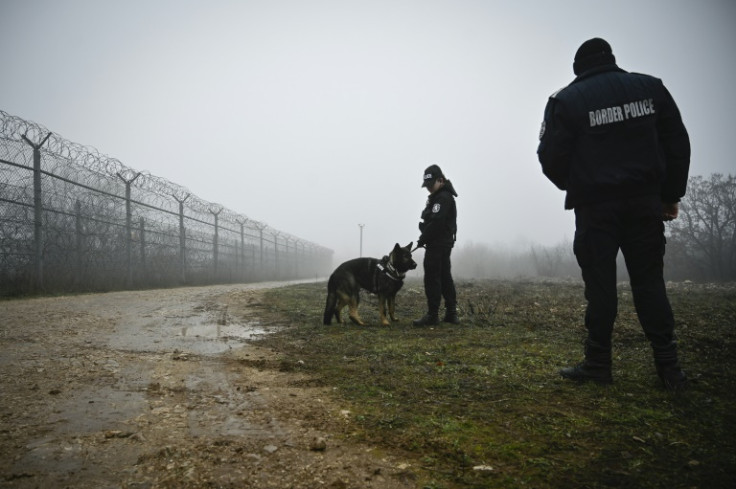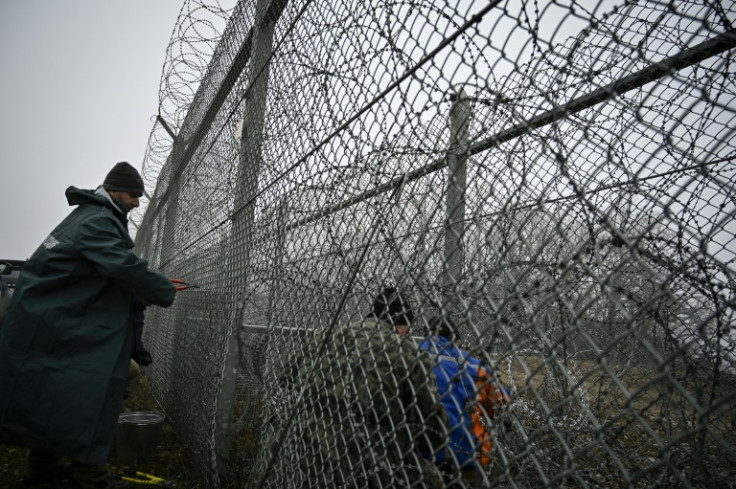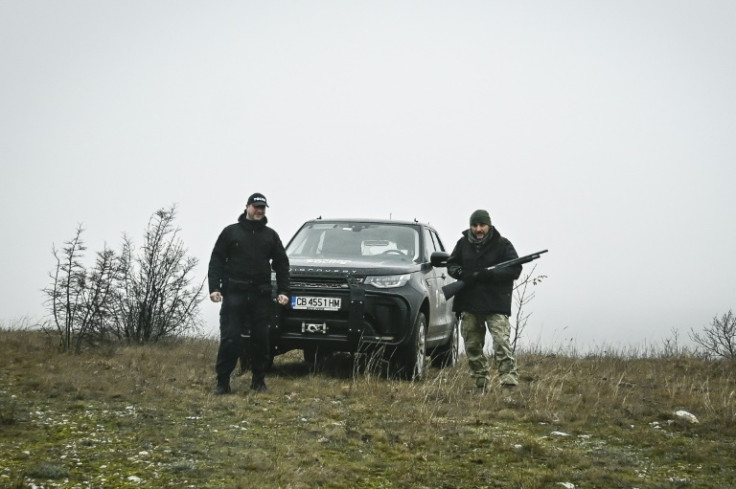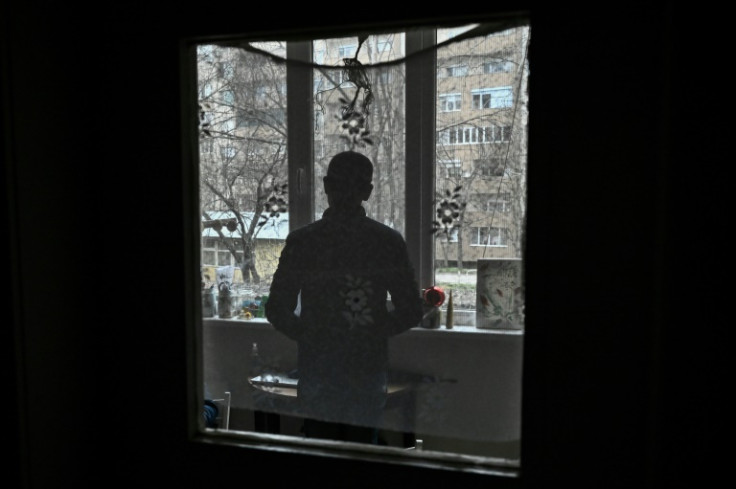Bulgaria Accused Of Brutal Border Pushbacks

Bulgaria faces mounting accusations that it is abusing people trying to cross its border with Turkey, with asylum seekers saying they have been pushed back, locked up, stripped and beaten.
The EU member serves as a gateway into the bloc and is trying to tighten the border to stop a rising number of people seeking to cross, which has reached levels unseen since 2015.
"Since the beginning of last year we have been seeing very intensive and brutal pushbacks of people," a practice that is illegal in the EU, said Diana Dimova, head of Bulgarian refugee help group Mission Wings.
Asylum seekers' testimonies collected by AFP and reports by the European border guard agency Frontex likewise point to the use of brutal methods at the Balkan nation's southeastern frontier.
Border police thwarted 164,000 "irregular crossing" attempts in 2022, compared to 55,000 in 2021, interior ministry figures show.
Rising numbers in Bulgaria have already contributed to Austria and the Netherlands blocking its bid to join the Schengen visa free zone and will also be high on the agenda of an EU summit in Brussels later this week.
In a bid to stem the flow, Bulgarian authorities have stepped up controls along the 234-kilometre (145-mile) barbed wire fence covering almost the entire border with Turkey.
There have been accounts of abuse. A 16-year-old Syrian who AFP met in a border town said he was detained after crossing into Bulgaria and held in a "closed camp with a high fence" that he called "a prison".
One night, he and other detainees were driven to the border fence with Turkey.
"There, they divided us into Arabs and Afghans and started beating us up. They beat us with batons," he said on condition of anonymity, adding that he was pushed back over the border to Turkey.
A video published in December by several European media, in partnership with the organisation Lighthouse Reports, showed a group of people locked in a makeshift detention facility -- a cage-like shed -- in the southern border town of Sredets.
The same investigative report included testimony from a young Syrian, who said he was shot in the chest by Bulgarian border police. Bulgarian authorities denied the accusation.
One man already given protection status in Bulgaria, Ali Husseini, told AFP he was stripped, beaten, robbed, and pushed into Turkey when he travelled to the border to find his brother last spring.
The 20-year-old Afghan met his brother and two other people, but said masked police "took us to the forest and took our clothes, including my money, iPad and shoes... They then opened the fence and sent us to the other side which was Turkey, one by one."
After he returned "barefoot" across the border the same day, he said he was caught again, "punched" and "beaten" before once more being pushed back into Turkey.
It took a week and a trip to Istanbul to arrange his return to Bulgaria and then another five months to have his ID reissued. His brother ended up being deported from Turkey to Afghanistan.
Frontex conducted 25 "serious incident report" procedures linked to its activities in Bulgaria in 2021 and 2022.
"Pushbacks regularly occur in the operational area with Frontex staff deliberately kept away when they happen," one of its officers wrote in a report seen by AFP.
These "occur through shallow areas of the river and even when water levels are high, when migrants are forced to swim regardless of their ability or strength to do so," he added.
One report detailed "degrading language and racist vocabulary such as referring to migrants as 'Taliban' by some Bulgarian border guards," the officer said.
The "absence of credible operational reporting" by Bulgarian border police "can signal shortcomings in the reporting mechanism, or, even more worryingly, existence of a tacit policy of non-reporting of actions severely endangering fundamental rights of migrants," Frontex concluded.
Bulgarian authorities have repeatedly denied abuse accusations.
"Over the past year pressure on our border has increased sharply and... the actions of the migrants are becoming more and more aggressive," Bulgarian President Rumen Radev said last month.
Three police officers died when vehicles smuggling people rammed their cars last year.
Sofia has asked the EU for two billion euros ($2.1 billion) to reinforce the border fence and improve surveillance, but Brussels has so far refused.



© Copyright AFP 2024. All rights reserved.





















